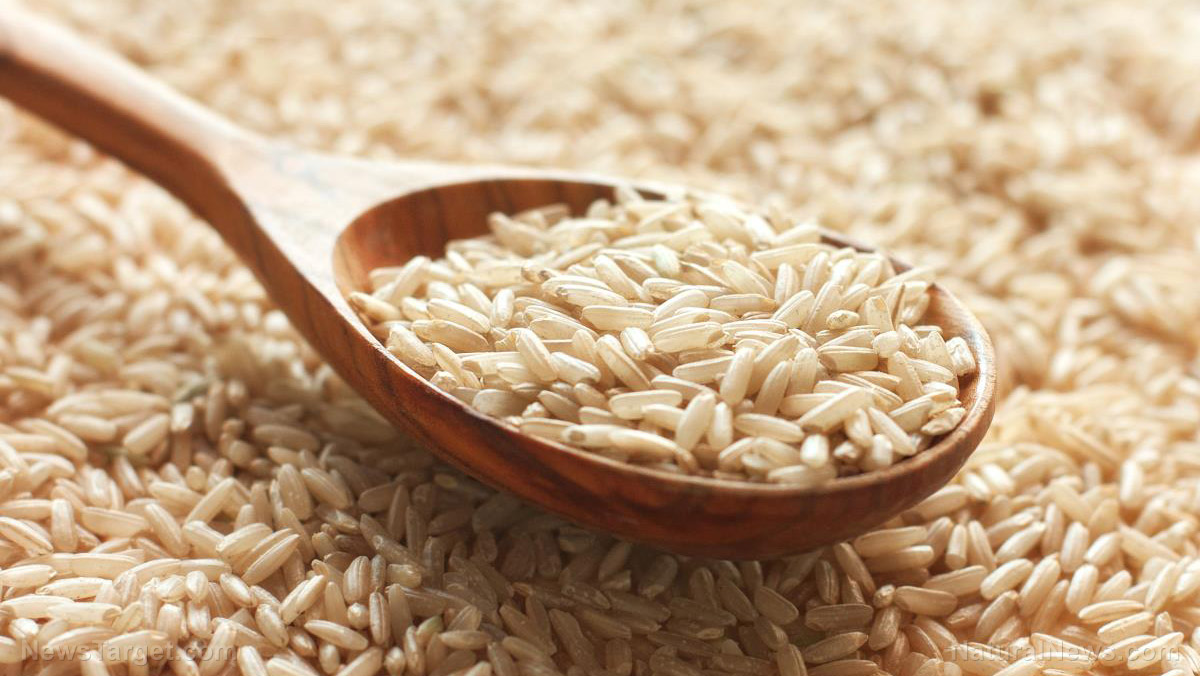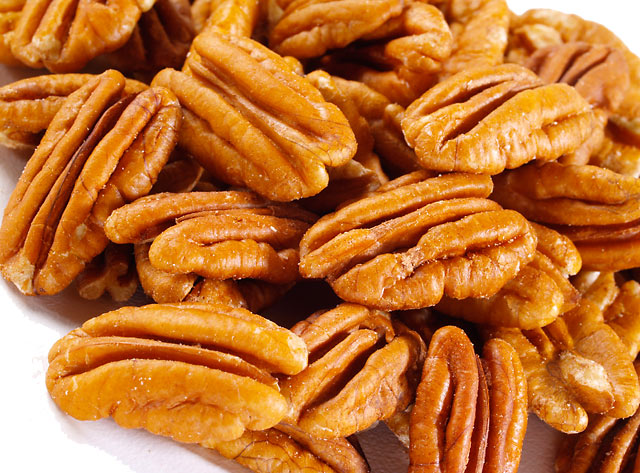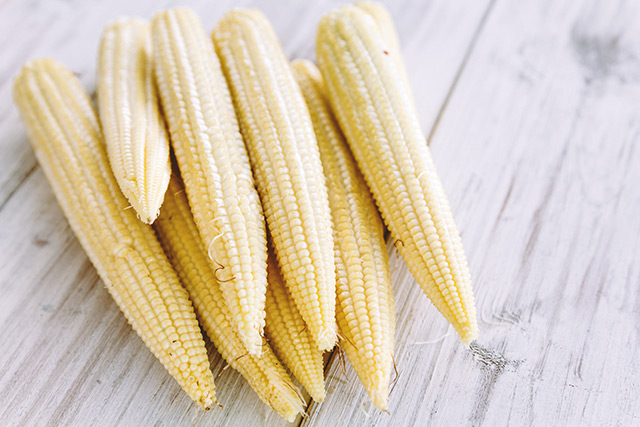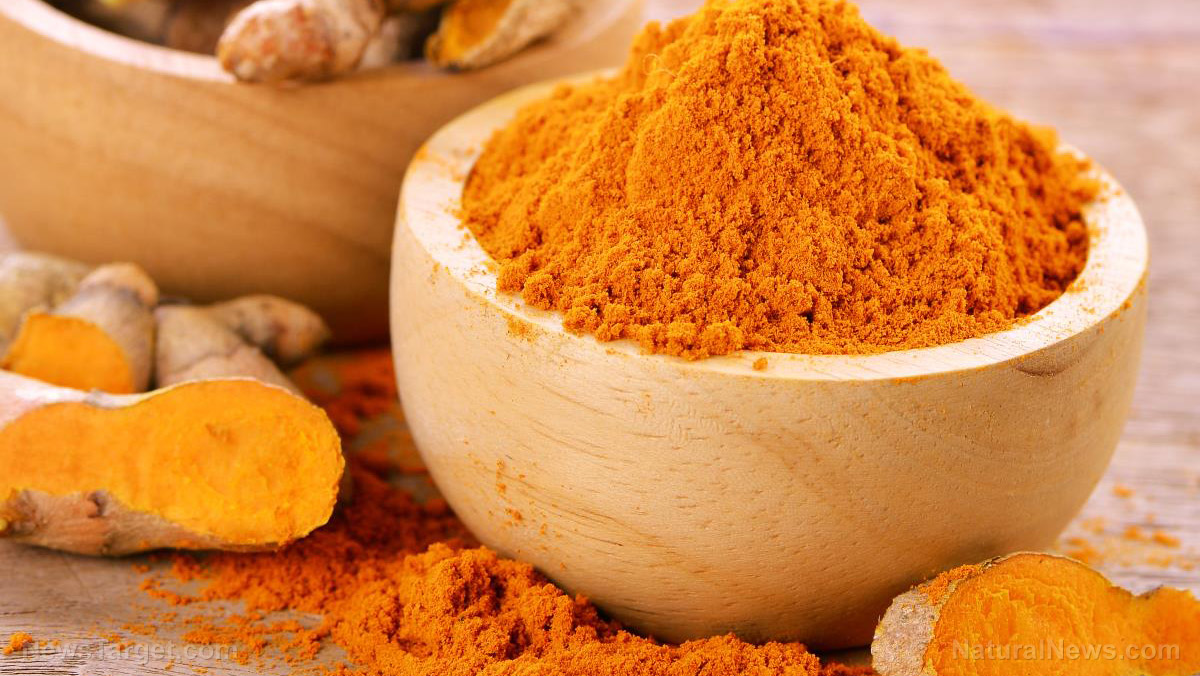People of all ages dread getting a diagnosis proclaiming that they may have cancer. But did you know that while colorectal cancer is the third most common cancer in the U.S., it’s also one of the most preventable?
According to experts at the American Institute of Cancer Research (AICR), Americans can prevent colorectal cancer by changing their diets, exercising regularly, and managing their weight.
Alice Bender, AICR’s Head of Nutrition Programs, said, “By making a few changes in what you eat and drink, and getting at least 30 minutes of activity in every day, you have the power to significantly lower your risk of developing colorectal cancer.” She added that adopting these lifestyle changes and trying to maintain a healthy weight can help prevent a whopping 63,000 cases in the U.S. yearly.
How to reduce your risk of colorectal cancer
Bender listed six evidence-based steps to reduce your risk of this cancer:
- Drink alcohol moderately – Research shows that drinking alcohol can increase colorectal cancer risk in men. It may also increase the risk among women. Try to limit alcohol to two standard drinks daily for men and one for women. A standard drink is 12 ounces (oz) of beer, 1.5 oz of liquor, and 5 oz of wine.
- Eat a lot of fiber – Eating foods rich in fiber can lower your risk of colorectal cancer. Every 10 g of fiber, or about a cup of beans, reduces colorectal cancer risk by 10 percent.
- Eat less red meat and avoid processed meat – Regularly eating a lot of red meat, even small amounts of processed meat, can increase colorectal cancer risk. Skip the bacon, hot dogs, and sausages. Eat some fresh roasted chicken breast, hummus, or peanut butter sandwiches instead.
- Eat more garlic – Eating garlic regularly can help reduce the risk of colorectal cancer because it is full of health-promoting ingredients
- Maintain a healthy weight and try to eliminate belly fat – Research revealed that excess body fat is connected to an increased risk of colorectal cancer and ten other cancers. Having too much belly fat, even if you’re not overweight, is still a risk factor for colorectal cancer. To get rid of belly fat, be more portion-size savvy. Eat more colorful vegetables, and limit your intake of calorie-rich foods like meats and cheese. Eat small portions of desserts and sweets two or three times weekly. (Related: Slash colon cancer risk with natural lifestyle and diet.)
- Try to exercise regularly – If you don’t have time to go to the gym, moderate physical activity like housecleaning or running, can also help reduce the risk of colon cancer. Spend at least 10 minutes every day exercising or take several breaks from work, then gradually increase this to 30 minutes.
Foods that can help prevent colorectal cancer
Try to eat more of the foods below to lower your risk of colorectal cancer:
- Brightly colored fruits and vegetables – Colorful fruits, herbs, spices, and vegetables are rich in antioxidants. Sources include avocado, blueberries, cranberries, oregano, pomegranates, red cabbage, red and purple grapes, spinach, tomato, and turmeric.
- Foods rich in omega-3 fatty acids – Following a diet full of anti-inflammatory omega-3 fatty acids eicosapentaenoic acid (EPA) and docosahexaenoic acid (DHA) can lower your risk of colorectal cancer. Sources include cold water fish like cod, mackerel, salmon, and sardines, along with flax oil.
- Olive oil – Olive oil has plant chemicals with anti-cancer properties. It also reduces bile acid and increases enzymes that control cell turnover in the lining of the intestines which promotes healthy tissue. Olive oil also contains phenols which are plant compounds that have a cancer-protective antioxidant effect.
- Spices and herbs – Spices like garlic, ginger, peppermint, rosemary, sage, spearmint, thyme, and turmeric can inhibit the growth of cancer cells.
Read other articles on colorectal cancer and how to prevent it at Cancer.news.
Sources include:
AICR.com
HuffingtonPost.com
Receive Our Free Email Newsletter
Get independent news alerts on natural cures, food lab tests, cannabis medicine, science, robotics, drones, privacy and more.



















